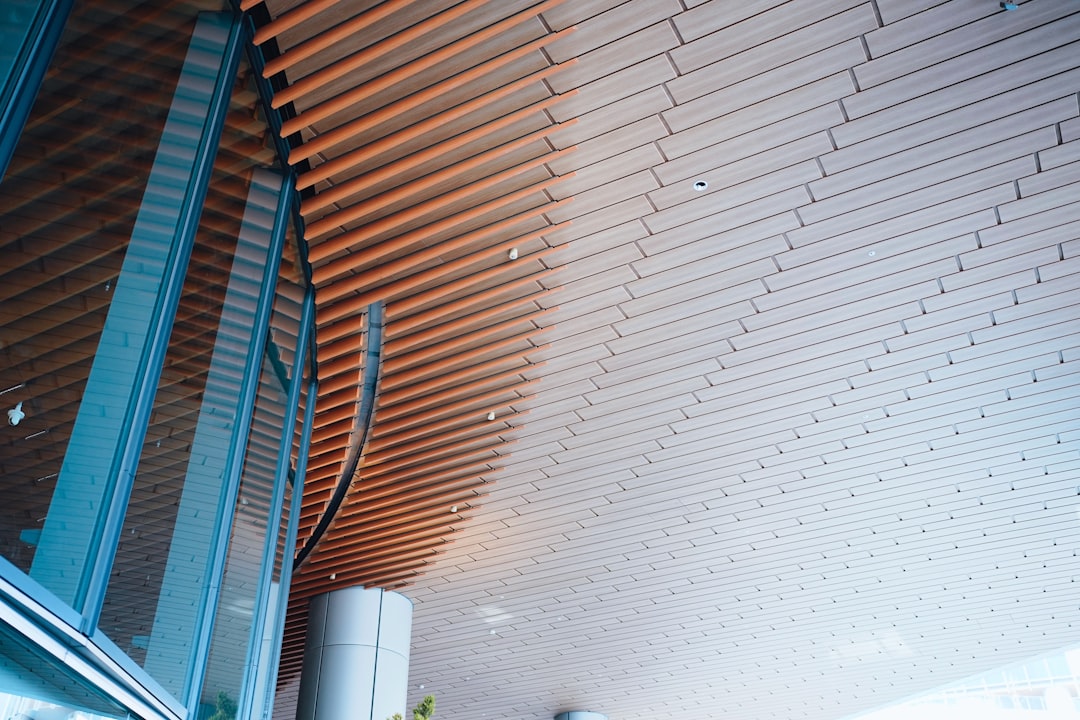Cost to Texture a Ceiling: Professional Insights 2026
Price source: Costs shown are derived from our proprietary U.S. construction cost database (updated continuously from contractor/bid/pricing inputs and normalization rules).
Eva Steinmetzer-Shaw
Head of Marketing
Understanding the Cost to Texture a Ceiling
For construction professionals, understanding the cost to texture a ceiling is crucial for accurate project planning. In 2026, the cost typically ranges from $1.00–$2.00 per sq ft per square foot, including surface preparation, texture application, and cleanup. For a 1,000 sq ft home with 700 sq ft of ceiling, expect costs between $700 and $1,400.
Average Price Range in 2026
Based on extensive data analysis, the cost to texture a ceiling in 2026 remains between $1.00 and $2.00 per square foot. This range accounts for various factors such as surface prep, texture application, and cleanup.
Key Factors Driving Cost
- Ceiling height and accessibility: Higher ceilings require more labor.
- Existing finish: Removing old textures adds to costs.
- Texture style: Simple styles like orange-peel are less expensive.
- Material selection: Costs vary between joint compounds and plaster mixes.
- Job size: Larger areas reduce per-square-foot costs.
- Geographic labor rates: Urban areas may have higher labor costs.
Detailed Cost Breakdown
1. Material Costs
- Joint compound or texture mix: $0.20–$0.26 per sq ft
- Masking tape, plastic, and drop cloths: $0.05–$0.08 per sq ft
- Sandpaper, mixing paddles, sundries: $0.02–$0.04 per sq ft
2. Labor Costs
- Prep and masking: $0.35–$0.60 per sq ft
- Texture application: $0.80–$1.50 per sq ft
- Cleanup and demobilization: $0.10–$0.20 per sq ft
3. Equipment and Overhead
- Hopper gun or texture sprayer rental: $75 per day
- Compressor and hoses: $25–$40 per day
- Contractor overhead and profit: 10-18% of direct costs
How CountBricks AI Delivers Pinpoint Estimates
CountBricks AI provides precise estimates by integrating voice-to-estimate technology, live materials database, and blueprint takeoffs. This ensures accurate cost predictions and prevents overruns.
Step-by-Step CountBricks Process
- Start a voice session on CountBricks.com/estimate
- Describe room sizes, ceiling heights, and desired texture finish
- AI converts speech into a line-item estimate with live material prices
- Review scope, adjust quantities, and approve
- Generate branded PDF quotes and invoices in a single click
DIY vs. Professional: Which Is Right for You?
While DIY can be cost-effective for small projects, professional crews ensure quality for larger or more complex jobs. Consider DIY only for areas under 150 sq ft with simple textures.
Saving Money Without Cutting Corners
- Combine texture work with other tasks to reduce fees.
- Schedule during off-peak months for discounts.
- Opt for a single texture across multiple rooms.
- Request zero-VOC compounds to avoid extra costs.
Real-World Example: Highlands Bungalow Retrofit
A Louisville client replaced popcorn texture with knockdown in a 1940s bungalow. Using CountBricks, the project was completed 6% under budget at $1,400.
Ready to Pin Down Your Ceiling Texture Cost?
For precise estimates and transparent pricing, start your free voice-guided estimate today at CountBricks.com.
Beyond Numbers: The CountBricks Quality Advantage
CountBricks ensures quality by enforcing best-practice workflows, ensuring every ceiling cures properly and resists future cracks.
CountBricks Quality Safeguards
- Moisture checks: Alerts crews to extend dry times on humid days.
- Compound-to-water ratios: Ensures consistent mixing.
- Pass tracking: Logs each spray or trowel pass for quality assurance.
Case Study: Old Louisville Victorian
A 12-foot ornate ceiling required a custom swirl texture. CountBricks provided an itemized estimate, resulting in a final cost of $1,800 with zero change orders.
Pro Tips for Homeowners Scheduling Texture Work
- Book texture after HVAC starts but before trim installation.
- Request a small test patch before full application.
- Maintain ambient temps between 60-75°F for optimal curing.
- Ventilate for 48 hours after application.
Visit CountBricks.com to see more transformations and schedule a consultation.

